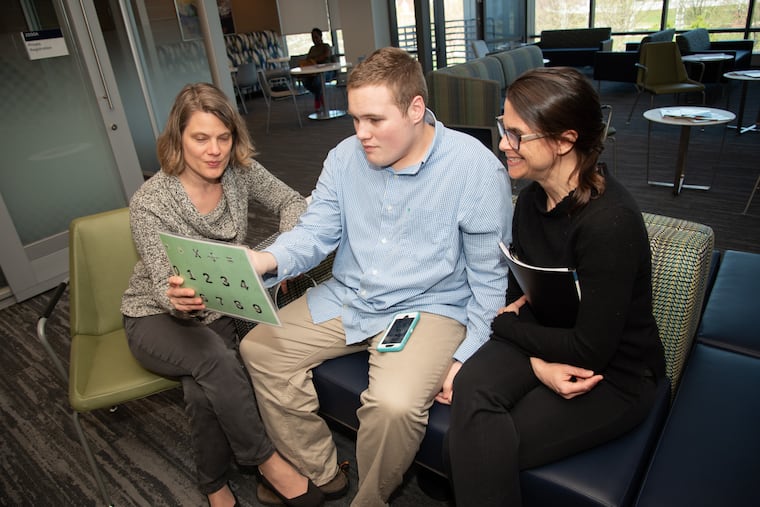Autism should be covered by Americans with Disabilities Act | Opinion
Although the ADA also protects those with chronic medical conditions and mental health issues, there are fewer evidence-based regulations for these less visible conditions — and none for autism.

Imagine: Your child has aged out of pediatric health care. The past few days, her behavior has become unpredictable. You are not sure what is wrong. You take her to the doctor. The lights are harsh, and it is loud. The care team addresses her, but she does not respond as expected. When they try to examine her without warning, she lashes out. You leave, and the bus ride home is another challenge, with overwhelming sights and sounds. The next day, her appendix bursts. Your daughter has autism. In settings designed for medical care, nothing is designed for her.
Thirty years ago, the Americans with Disabilities Act (ADA) was signed to protect people who are disabled from discrimination, affording similar protections found in the Civil Rights Act of 1964, which made discrimination based on race, sex, religion, and other characteristics illegal. Since then, guidelines help ensure public places are accessible to people with physical disabilities.
Although the ADA also protects those with chronic medical conditions and mental health issues, there are fewer evidence-based regulations for these less visible conditions — and none for autism. It is past time that Congress amend the ADA to encompass neurodiverse individuals as well. More than that, the neurodiverse community must have a seat at the table to participate in the process of amending the legislation.
» READ MORE: People with disabilities say outdoor dining is making it hard to get around in Philly: ‘There is no room for us’
The ADA calls for reasonable accommodations for people with disabilities, and neurodiverse populations similarly deserve reasonable accommodation in public life. It would be hard to expect someone in a wheelchair to travel a world without ramps, yet that seems to be the expectation for those with autism. We must ensure that education, public facilities, offices, and other spaces are designed with “ramps” of understanding and sensitivity for this community.
Those who experience neurodiversity are the only people who can have a full comprehension on the limitations they’re imposed with every day in public life. The ADA seeks to achieve equality for people with disabilities, but bringing the neurodiverse community into the legislative process would introduce equity for the community. Legislative inclusion of this group can benefit everyone, much in the same way that ramps were created for wheelchairs, but also improve accessibility for those with walkers, strollers, and more. In essence, we are designing the processes some may need, but that everyone deserves.
» READ MORE: The pandemic’s ‘new normal’ presents challenges for young adults with intellectual disabilities
The ADA amendment process should start with asking affected individuals and their families what they need, what they want, and acknowledging that they understand their needs better than we do. For some, being as independent as possible will mean having a job and living alone. For others, it might mean living in a somewhat protected or sheltered environment. It will mean building skills and seeking happiness with more support, and we should not rule that out.
The ADA is a crowning achievement. It signaled to disabled communities that they have a place in our society. The history of the ADA has taught us that the accommodations designed for one community frequently support others. As we develop guidelines for those with autism, we will notice benefits to others who think and interact differently. Ultimately, taking into account every type of mind and body improves the future for all of us.
Wendy Ross is a behavioral pediatrician and the director of Jefferson Health’s Center of Autism and Neurodiversity.